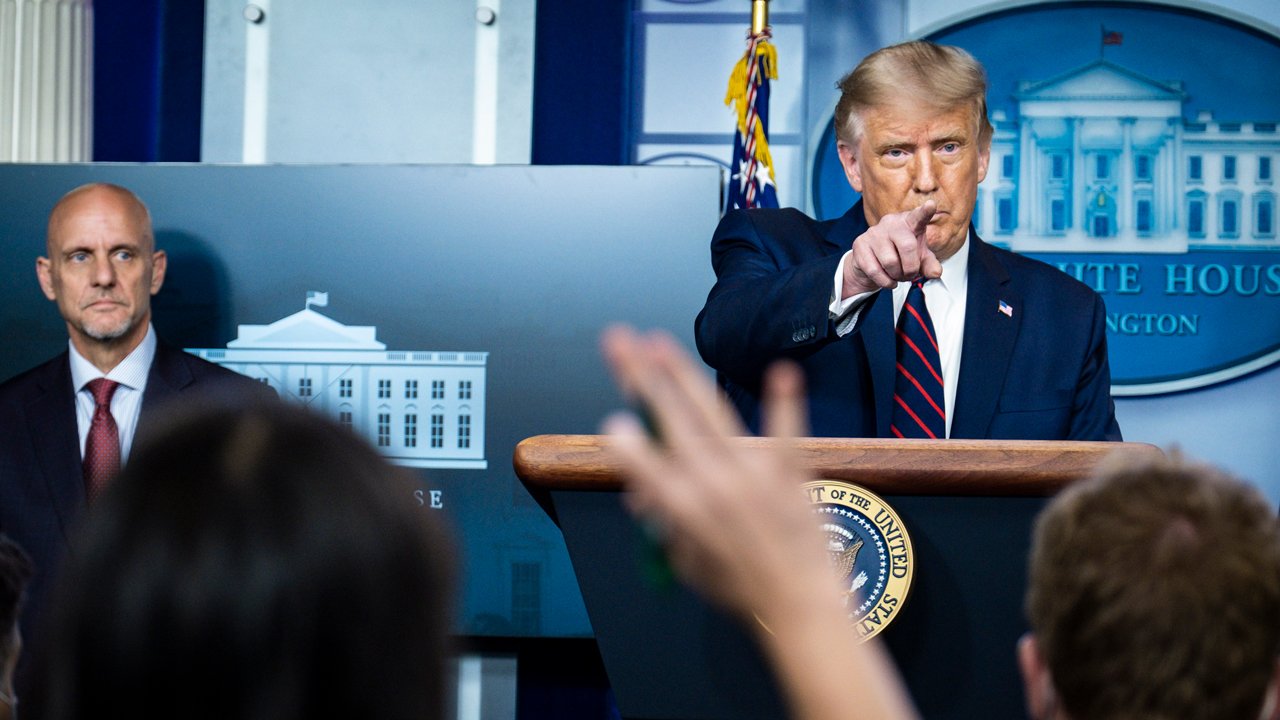From the Campaign Trail to Corporate Boardrooms, Messaging Matters
Originally published at Investors.com
With ballot re-counts all but wrapped up, Election 2018 leaves us with many lessons learned. Grappling with a newly divided government, Senate Majority Leader Mitch McConnell, R-Ky., had his own take: "I think the message is, 'Figure out what you can do together, and do it.' "
But there's an even more important takeaway: Messaging matters. The 2018 midterms came down to a clash of communication, with Republicans praising the Trump economy to keep control of the Senate and Democrats preaching anti-Trumpism to win back the House.
While both parties scored victories, neither is a perfect messenger. In fact, Democrats and Republicans proved to be far from perfect in 2018.
Let's start with the Grand Old Party. This year, health care replaced the economy as the electorate's most important issue, with 60% of Americans describing it as "very important." This didn't bode well for Republicans, who have consistently struggled to message the limited-government perspective on healthcare policy.
Widening Health Care Gap
While Americans' trust on issues like tax reform and border security generally split along party lines, the healthcare gap is indeed gaping: 50% of Americans trust Democrats to handle healthcare policy, while only 34% say the same of Republicans.
For Democrats, the messaging is simplistically resonant: "Republicans want to take away your health care." Even when Republicans deny the accusation, they're already put on the defensive. "We're not stopping you from going to the doctor" isn't quite as catchy as "you're sick because of them."
Of course, part of the problem is policy. For Republicans to explain why government-run health care may decrease competition and increase costs, they need a lot of time and a whole lot of willing listeners.
For Democrats, a quick soundbite—one that personalizes a nuanced policy debate—will suffice. But Republicans can still simplify their policy prescriptions, stealing a page from President Trump's playbook of sloganeering.
That being said, Democrats are not immune to messaging mishaps either. Churning out anti-Trump soundbites is one thing. Coming across as experts on the issues—and not as aggrieved activists—is another one entirely.
According to an NBC News/Wall Street Journal survey conducted earlier this year, only one-third of Americans believe the Democratic Party is "in the mainstream." Fifty-six percent consider Democrats "out of step with most Americans' thinking." In 2016, that number was 42%—a 14-point jump in two years.
Problems With Political Correctness
The culture of political correctness that Democrats embrace to distance themselves from President Trump is not particularly popular among the American people.
One recent study found that 80% of Americans believe "political correctness is a problem in our country." This includes 87% of Hispanics and 88% of Native Americans, two of the minority groups that Democrats hope to mobilize in future elections.
While the Democratic Party's love affair with "woke" identity politics resonates with liberal base voters, independent voters are far more skeptical. The opportunity cost here isn't so easy for Democrats to navigate: Ratchet up the #Resistance, and risk alienating independents. Ratchet it down, and risk undermining the voter enthusiasm that threatens Republican rule. They need to find a happy medium.
Messaging Is Hard
For such difficult questions, there are no easy answers. Messaging is just plain hard—on the campaign trail and beyond.
We see it in corporate America too.
Earlier this month, Irish airline Ryanair fired six cabin crew members after they staged a photo that depicted them sleeping on the floor of a Spanish airport in between flights. One Ryanair spokeswoman accused the crew members of "gross misconduct," while a company spokesman lamented the "irreparable breach of trust with these six persons."
However irresponsible their actions, Ryanair's response came across as tone-deaf at a time of heightened public scrutiny. From Ryanir's alleged mistreatment of staff to apparent inaction in the face of racism, the airline has been no stranger to negative publicity in recent months.
United Airlines' bungled apology after a passenger was violently removed from an overbooked flight last year should also give competitors like Ryanair fair warning: Tread carefully when crisis comes—or else. United's stock dropped $1.4 billion in the scandal's immediate aftermath.
Ryanair's Failed Response
Alas, Ryanair opted for corporate speak when a more human response could have won hearts and minds. Instead of focusing exclusively on employee discipline, Ryanair spokespeople would be better served recognizing their airline's perceived shortcomings and restating their commitment to employee satisfaction.
You can walk and chew gum at the same time—strictness and self-awareness are not mutually exclusive.
In our digital age of instant reaction, there are only two options: Communicate prudently to preempt instant outrage, or welcome its wrath. Memo to Democrats and Republicans, politicos and portfolio managers.

